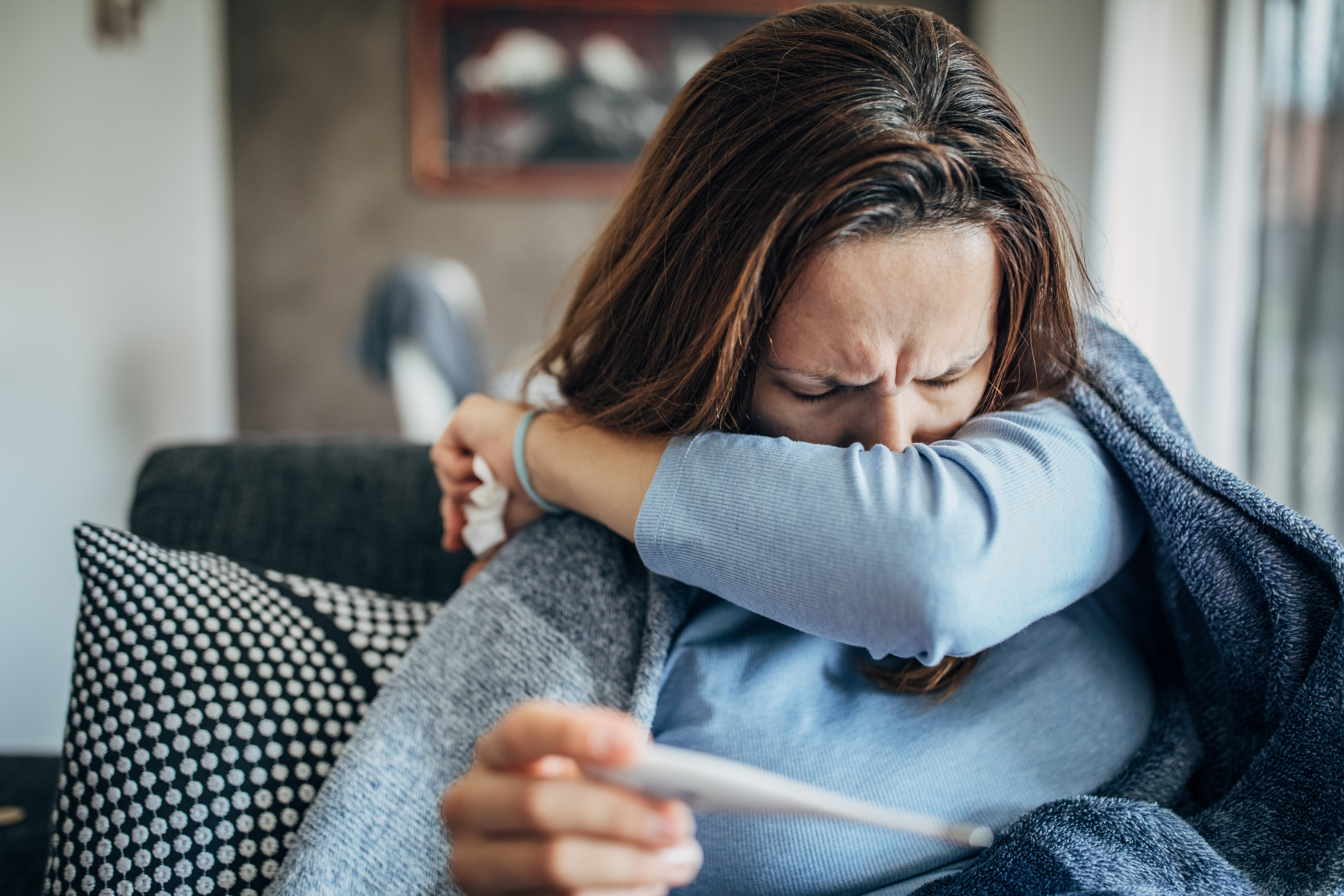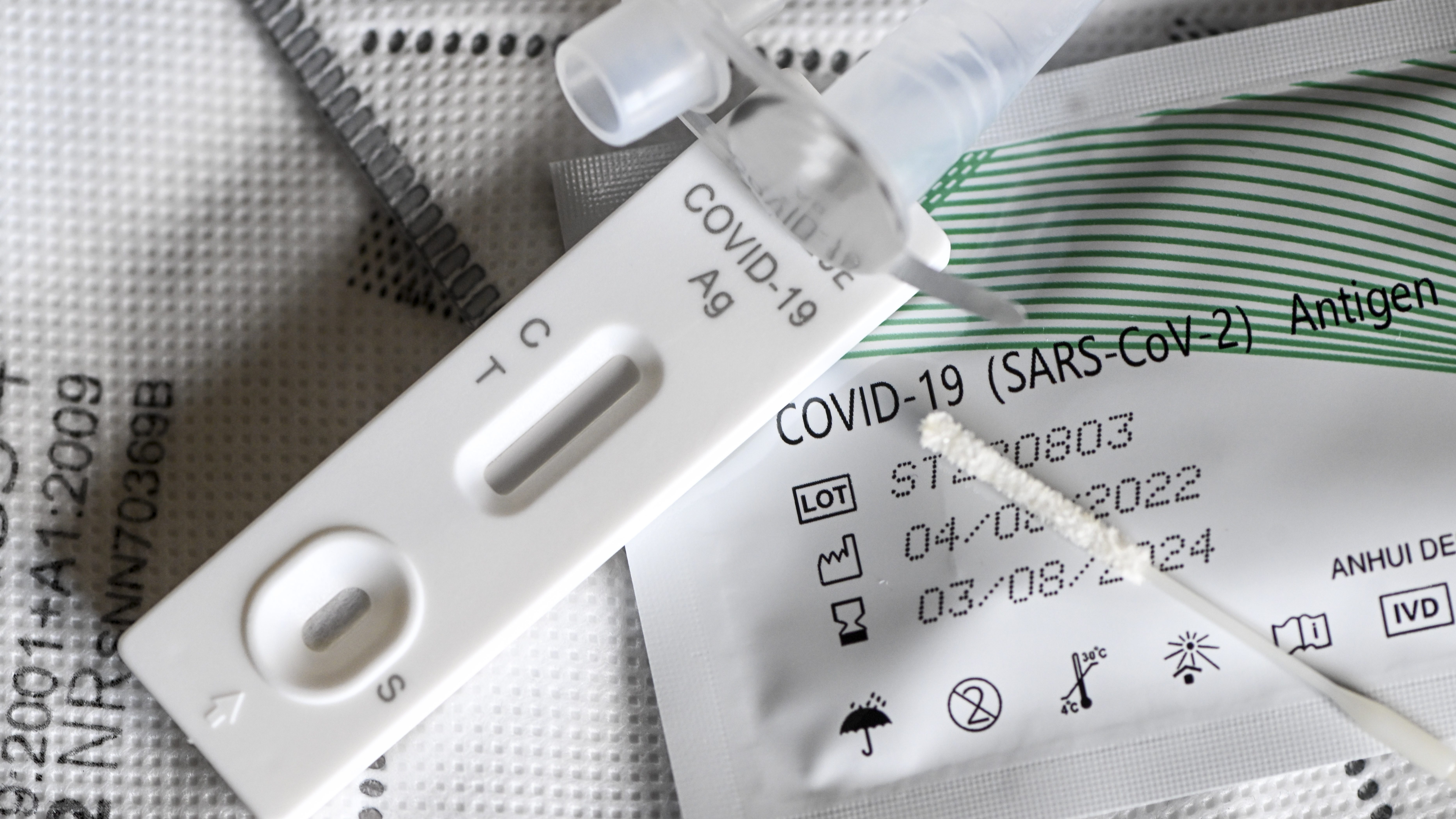Scientists from around the world continue studying the lingering effects of long COVID and now, researchers are finding vaccines may be critical in helping you avoid it.
The symptoms of long COVID can be very scary for those who live through it, ad for one man, the effects have been life changing.
Rolando Bonilla runs a successful consulting firm in San Jose. But these days, he's still working on recovery after spending several days on a respirator in 2020 with COVID -- before there was any vaccine.
Weeks after his release from the hospital, Bonilla said COVID was still attacking him.
“I had incidents where I had to pull over because as I was driving, I would literally forget where I was going,” he said. “So I would have to pull over on 101 because I forgot where I was headed.”
Bonilla was suffering from what's now known as long covid -- which includes brain fog and fatigue.
“It can be very debilitating. It can last for years in some people, and can have a big impact on quality of life,” said Dr. Peter Chin-Hong of UCSF.
The Centers for Disease Control and Prevention report that 10% of adult COVID survivors suffer from long COVID.
Now, a new study by UCSF and Gladstone Institutes shows the coronavirus can remain in the body for years after infection.
Get a weekly recap of the latest San Francisco Bay Area housing news. >Sign up for NBC Bay Area’s Housing Deconstructed newsletter.
The study shows the T-cells are not working well with antibodies to fight the infection.
“It is likely that there is existing virus in the body in people with long COVID because that immune system that is supposed to clean up the virus, the fragments, the remainder at the end, it's completely not working,” said Chin-Hong.
Another study just published in The Lancet Respiratory Medicine by a group of doctors from around the world found the COVID vaccine consistently reduced the risk of long COVID symptoms by as much as 50% in adults.
Bonilla caught COVID again in 2022. He credits the vaccine for minimizing his symptoms the second time. But even today, three years later, Bonilla says he’s still only about 85% recovered.
“I’d say that I still deal with some memory issues at times,” he said. “More often than not, the energy part is something I kinda struggle with.”
Bonilla now exercises more, eats better, and plays what he calls brain games to keep his memory sharp.
His fight with the coronavirus is still not over.



